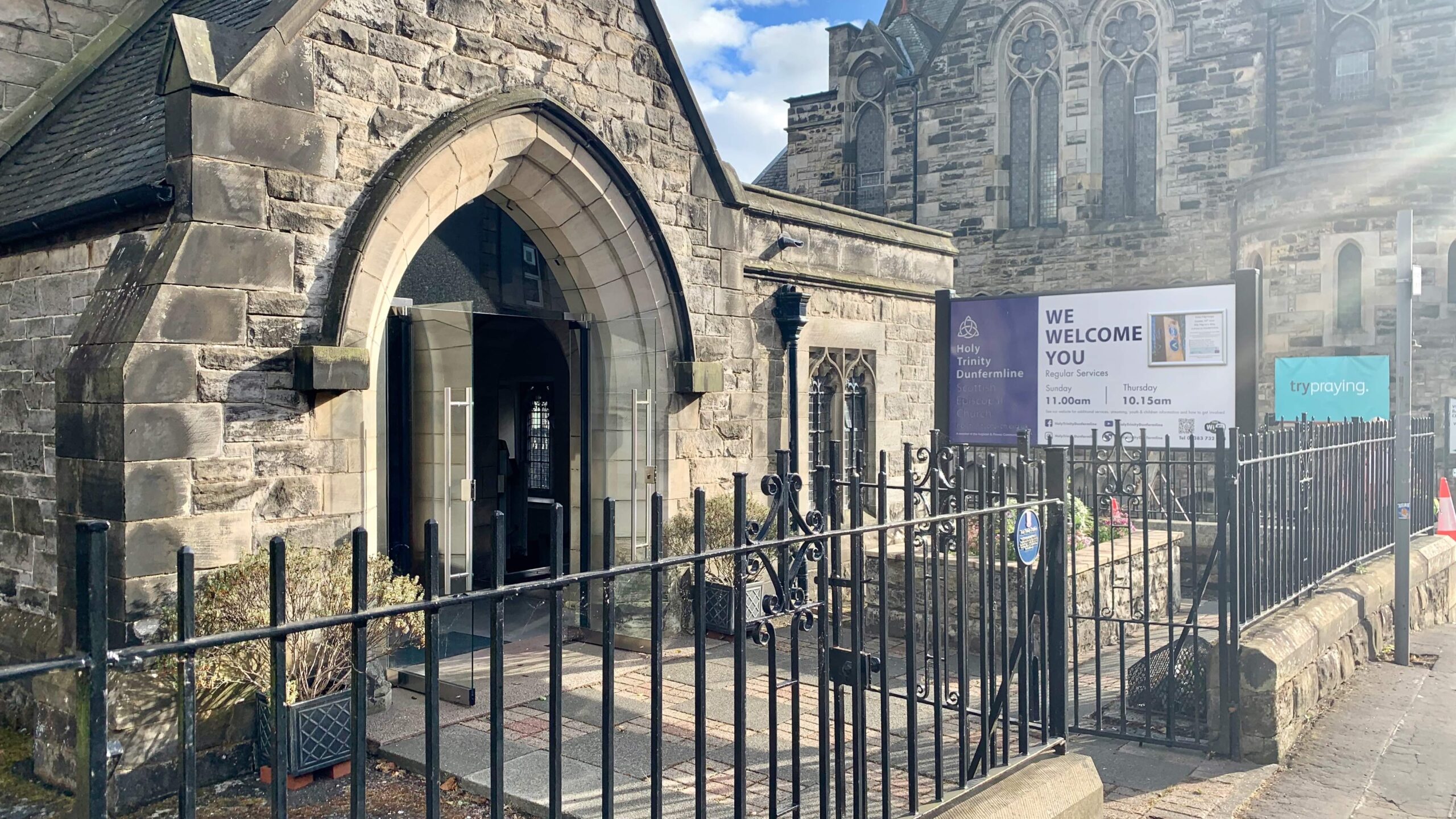Today during our Sermon we called out the way the media and politicians refer to immigrants and refugees. We pray that the UK Home Office changes to be a safe, welcoming and human place.
How do we as Christian’s treat other humans? Do we look at the bibles tales of refugees and immigrants and then stand up. Do we speak up and be counted to protect those in their time of greatest need? We think back to moments such as the Glasgow protests against the UK Immigration Enforcement with the slogan “you messed with the wrong city” where the community came together to protect two local men from being deported. What are we willing to do for those with no voice?
We were asked to consider the work of the United Nations HCR
Safeguarding the rights and well-being of people forced to flee for over 70 years
UNHCR, the UN Refugee Agency, is a global organisation dedicated to saving lives, protecting rights and building a better future for people forced to flee their homes because of conflict and persecution.
They lead international action to protect refugees, forcibly displaced communities and stateless people.
“Our vision is a world where every person forced to flee can build a better future.”
Formally known as the Office of the High Commissioner for Refugees, UNHCR was established by the General Assembly of the United Nations in 1950 in the aftermath of the Second World War to help the millions of people who had lost their homes.
Today, UNHCR works in 137 countries. They provide life-saving assistance, including shelter, food, water and medical care for people forced to flee conflict and persecution, many of whom have nobody left to turn to. They defend their right to reach safety and help them find a place to call home so they can rebuild their lives. Long term, they work with countries to improve and monitor refugee and asylum laws and policies, ensuring human rights are upheld.
In everything they do UNHCR considers refugees and those forced to flee as partners, putting those most affected at the centre of planning and decision-making.

